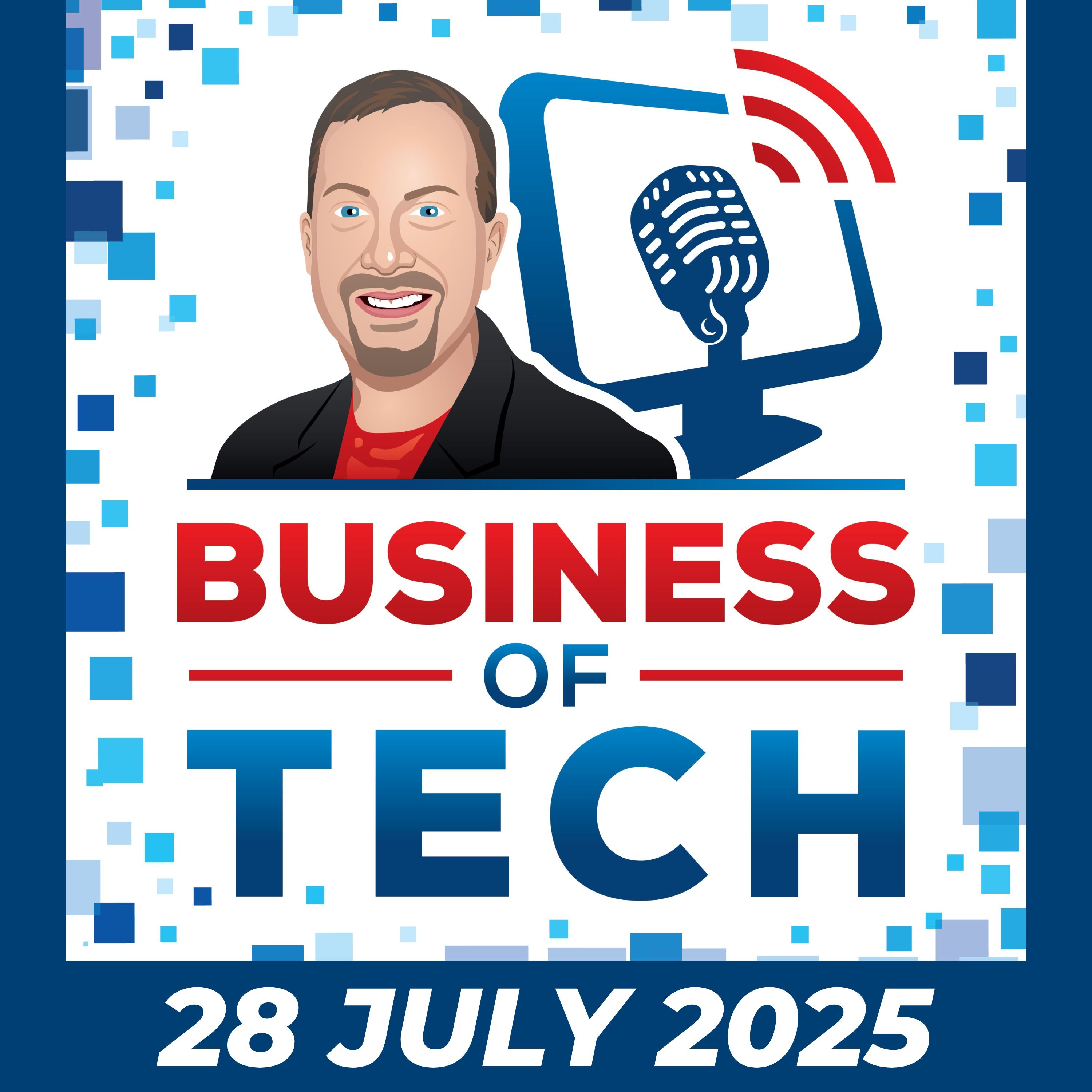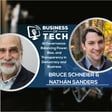
US Economy Shows Resilience; Major Tech Firms Lay Off Workers While AI Spending Soars
The U.S. economy is demonstrating resilience with strong consumer spending and low unemployment filings, despite looming inflation and tariff pressures. Retail sales rose by 0.6% in June, surpassing expectations and indicating solid growth in gross domestic product for the second quarter. However, concerns about rising import costs, which saw their largest monthly increase in over a year, continue to cast a shadow over the economic outlook. While manufacturers anticipate growth and increased hiring, the uncertainty surrounding tariffs remains a significant concern.
IBM's CEO, Arvind Krishna, argues that fears of artificial intelligence (AI) eliminating jobs are exaggerated, suggesting that AI will actually enhance employment opportunities by increasing productivity. He notes that while some clerical roles may be phased out, new job creation will occur in programming and sales. Meanwhile, Gartner forecasts a substantial rise in global IT spending, projected to reach $5.43 trillion in 2025, driven largely by investments in AI infrastructure. This shift indicates a growing trend where companies must adapt to the changing landscape or risk being left behind.
The podcast also discusses recent layoffs at major tech firms, including Microsoft, Tata Consultancy Services, and Intel, as they navigate the challenges posed by AI and automation. Microsoft has laid off approximately 9,000 employees while reporting significant revenue growth, highlighting the paradox of job cuts amid financial success. Similarly, TCS plans to cut 12,000 jobs, primarily affecting senior and mid-level positions, as clients demand AI-driven services and cost reductions. This trend underscores the rapid transformation of the workforce as companies pivot towards automation and higher-margin activities.
Legislative updates include the Federal Communications Commission's review of state laws on AI, aimed at reducing regulations to promote American AI systems. Critics argue that this approach lacks a comprehensive vision for AI innovation. In the UK, a court has denied WhatsApp's intervention in a case involving Apple's compliance with government orders to access encrypted data, raising concerns about privacy. Additionally, New York has announced stricter cybersecurity regulations for water utilities, emphasizing the need for enhanced security measures in critical infrastructure. These developments reflect a broader struggle between regulatory frameworks and the fast-evolving tech landscape.
Four things to know today
00:00 U.S. Economy Grows Steadily as AI Reshapes Labor and IT Spend Soars to $5.43 Trillion
07:54 Layoffs Mount Across Tech and Services as AI Drives Shift Toward Margin, Not Manpower
12:09 Intel Restructures for AI Future with Major Layoffs, Factory Slowdown, and Network Division Spinoff
Supported by: https://scalepad.com/dave/
https://businessof.tech/sponsor/moovila/
Tell us about a newsletter!https://bit.ly/biztechnewsletter
All our Sponsors: https://businessof.tech/sponsors/
Do you want the



















